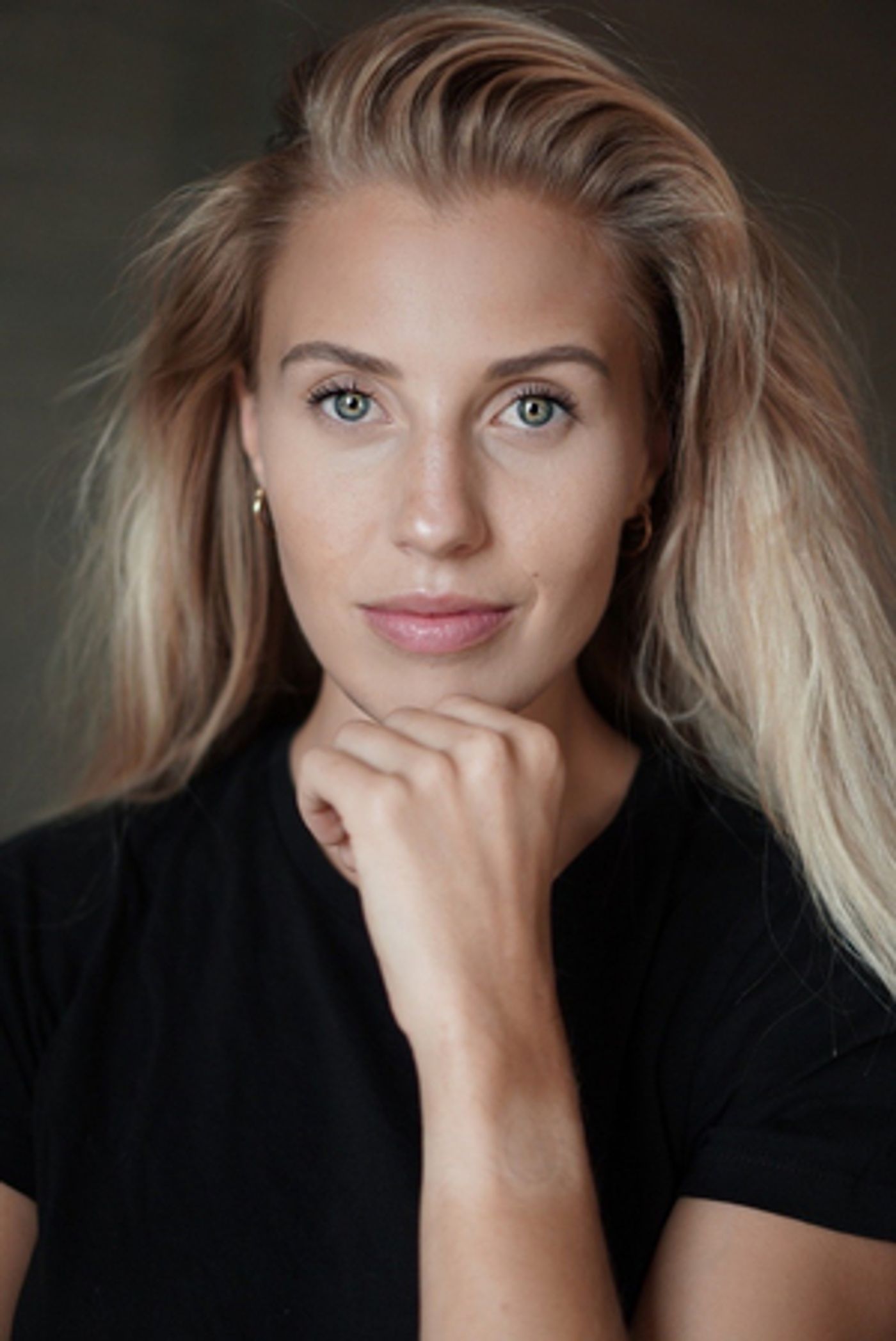Interview: Celinde Schoenmaker Talks MIMMA at Cadogan Hall
The Les Miserables and Phantom star discusses her latest role, performed at Cadogan Hall.

Mimma, a new musical telling the stories of Italians living in London during World War Two, will debut in a one-night-only concert performance at Cadogan Hall later this month. The cast includes David Suchet, Celinde Schoenmaker, Louise Dearman and John Owen-Jones.
We talk to Schoenmaker, the Dutch star best known for her West End roles in Les Miserables and The Phantom Of The Opera, about her eponymous role in Mimma and the musical's universal themes.
Tell us a bit about Mimma, and why its story remains relevant in 2021?
It's hard to dive into the plot when we haven't started rehearsals, but the crux of it is that Mimma, who's involved in the resistance against Mussolini, has to come to London, but at that time anyone connected with Fascism is being thrown out of the country.
At the same time, her uncle Zio Lorenzo is part of a kind of Italian 'club' in Charing Cross, and doesn't really understand the state of things in Italy. But as a journalist, Mimma does understand that it's becoming a dangerous time for Italians - it's interesting because the same thing is happening now, just with different groups of people. That's why this history's incredibly relevant - we can learn from it. It's so hard to imagine now, having to move to a different country for your own safety. Mimma's a very independent and brave character.
Also in London, she meets Sarah [a jazz singer, played by Louise Dearman], and they have such a beautiful connection, but in this environment their relationship becomes strained, when Sarah compares Mimma to Mussolini. Politics, love, friendship, courage: they all reach a peak in this show.
In what ways can you relate to your character?
As a foreign person being in London, I can relate to the idea of two cultures coming together, and especially the idea of having to translate - I say to my boyfriend that sometimes I have two different personalities! When Mimma meets Sarah in London, they're very different (at least in my interpretation, I haven't worked with Louise yet), but they need each other in their lives to move forward. In my own life, my female friends are big pillars in my life, they're so important to me, and I think that's what happens to Mimma as well.
It's also not the first time I've played an Italian woman, so I've delved a bit into the Italian culture and way of speaking, though she [Franca from The Light In The Piazza] was much older and from a different time period. I could imagine if Mimma grows up a bit she'd end up a bit like Franca - Mimma has the same core, she's passionate and understands the meaning of right and wrong (especially as a journalist, whose brother's been murdered), but Franca's been hurt and she's more jaded and petty.
How about the score, which combines jazz and opera with traditional musical theatre?
How do they do that! It's amazing. The first thing I did when I heard about it was listen to the music. It's weirdly not strange to go from operatic arias to jazz; if you go back, jazz songs are very close to Rodgers and Hammerstein. I'm a crossover artist and so is Louise - it sits naturally on our voices. There's even an aria in Italian. It was a big learner, though I have sung in Italian in school and love it.
What's the experience been like, preparing to perform in an iconic venue like Cadogan Hall?
It's been a while since I've performed with a big orchestra like this. It's like a bed with 500 pillows: you're so supported if you have a good relationship with your conductor, as I do with Richard Balcombe. It'll also be a great way of reconnecting with theatre after a few years of film and television roles [including a supporting role in the Elton John biopic Rocketman]. Even in a concert performance, I feel character work is just as important, you're still telling the story - I never go onstage thinking "I'll sing this song as myself".
And since it's only a one-night performance, which is unheard of on this scale in Cadogan Hall, the stakes are so much higher! The audience will either be there to experience it, or they won't. It's so rich and bombastic and beautiful to have that one-time chance, especially with this great cast.
Could you comment on the importance of new musical theatre writing such as Mimma?
We always need new writing! It's escapism, for people to escape out of their daily lives. There's nothing like live theatre, and we need new writing to keep it relevant. There are certain pillars in stories which always come back, whether the plot takes place now or 60 years ago, and new writing will give you a new perspective on these things.
It's an obvious example, but Hamilton opened up an entire world: everyone all of a sudden understood how America came to be in a completely different way. I'm really happy that producers are taking these risks at this time.
Mimma is at Cadogan Hall on 28 February - book tickets here

Videos

